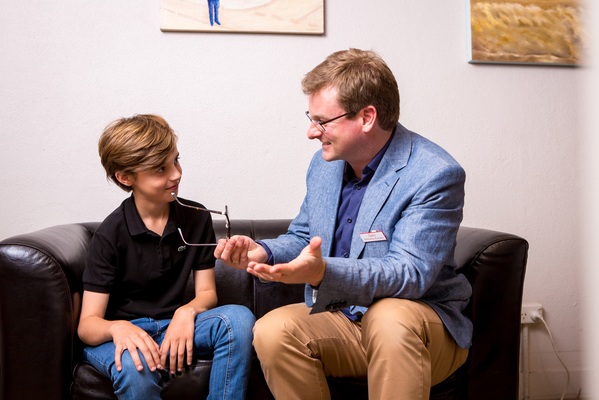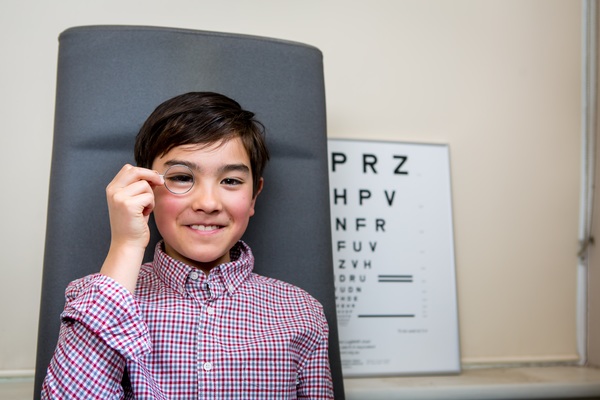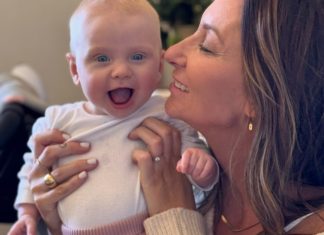OVER the years I have had the privilege of assessing and assisting many of the local primary school children in Burwood and Ashburton.
Having two children in primary school myself, I understand from a parent’s perspective just how much there is to juggle in a child’s life, with respect to health and well-being.
We all need to understand that children rarely complain to adults about difficulties with their vision, so routine checks are important.
When I examine children, I always keep in mind the concept of “clear, comfortable vision”. Sometimes a child may see quite well, however may have great strain or effort in maintaining that
vision.
This reduction in reliable vision (visual efficiency) can be an inhibitor to effective learning, concentration, reading and writing.
Sometimes visual inefficiency may manifest as behavioural difficulties in the school environment or lead to a decrease in the child’s willingness to engage in the school setting.
Symptoms that a child exhibiting visual inefficiency may present with could include:
• Headaches
• Tired eyes
• Inability to concentrate
• Excessive blinking
• Variable vision
• Watery or sore eyes
The visual system is quite complex.
It starts with the eyes and finishes in the brain.
It would be more accurate to say that we see with our brains, not our eyes, although of course we need both!
Once clear and comfortable vision is achieved, this opens the door for effective visual data collection, which the brain can then process.
We call this aspect of the visual system “Visual Information Processing (VIP)”.
VIP can also be a sticking point for many children, especially whilst learning to read and write.
Reading is a complicated endeavour for a young child and requires many things to work together: clear vision, good visual efficiency and good visual information processing.
Children will spend the early years of primary school learning to read and write.
They will then spend the rest of their school and working lives using those skills to learn about the world around them.
To make this basic transition, your child needs their visual system to be working and coordinating optimally.
First we learn to read, then we read to learn.
If your child has reduced visual efficiency or eye coordination, it is often possible to strengthen eye muscles using very specific exercises which allow your child to train themselves out of
the problem.
Exercises are recommended based on their value for each different condition.
A paediatric Optometrist can provide comprehensive VIP assessments.
Where appropriate, a vision report can be provided to aid teachers or other health professionals who may be involved in the care of your child.
Remember, your child often won’t tell you if they are experiencing difficulties with their vision – it’s up to parents to take the initiative and have their children assessed with an Optometrist who
understands a child’s visual system.
DARIO CANALE
(Paediatric Optometrist)
Ashburton Eyecare
196 High St, Ashburton VIC 3147
9885 1659
ashburtoneyecare.com.au









